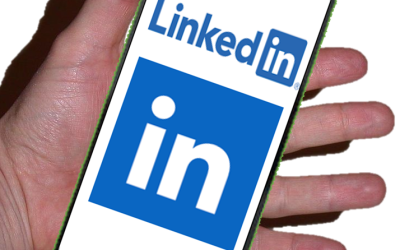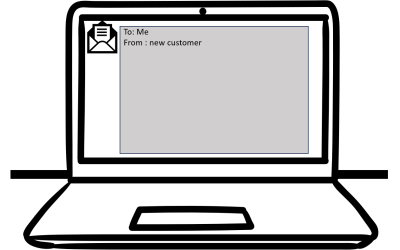Data Leak Protection (DLP)
is the name of several policies in Office 365, setting up what data can, and can’t be, shared and with whom.
Imagine being able to automatically identify private information like passport numbers, Health IDs or bank account details and make sure that those are only being shared with people that are authorised to see them.
The good news is that you can do this with 365, provided you turn on the policies and set them up correctly, and monitor when data is shared.
Under the NZ Privacy Act, we’re all expected to take care of personal data entrusted to us and to make sure it’s only used for the purpose for which is being obtained.
With Office 365, there’s no excuse for that to be breached provided that we understand what data should be kept, what might be kept incorrectly, and how its being shared. With this we can set up rules to monitor your Office 365 system and report on how records are shared.
We include a basic set up of DLP in our KARE for Security S2 plan to get you started.

Layered Security Works
There is no silver bullet in cyber-security. Best practice requires layers of protection. One of those layers is ‘geo-blocking’, which means you can only log in from specified countries and overcomes many of the African and Eastern European hacker fraternities....
Look out for LinkedIn Smart Links
This is a great example of needing new tools that didn't used to exist, to keep cyber-safe, even if they add cost to our cyber-protection. Hijacking your trust in LinkedIn Cybersecurity firm Cofense have detected phishing campaigns that used LinkedIn links called...
Would your cyber-security have saved you from this hack attempt?
This is a real and very clever 'spear-phishing' attempt that one of our legal clients in Auckland received today.Would you have opened it? Would your IT have protected you?To: Me From : new customer Hello, My Husband and I are looking to buy a property (First-time...
Is it really you?
News that an elderly woman was tricked out of $100,000 over Facebook won't be a surprise to regular readers. She was fooled into thinking she was talking to a friend, and then sending money to access some make-believe Covid fund. AI makes it easy to speak in...
Ransomware claims increase 27%
The Coalition Insurance "2023 Cyber Claims Report: Mid-year Update" highlights the changing nature of the cyber threat landscape that businesses are currently facing, with a record surge in claims severity compared to the previous year. This is US data but it tends...
Webinar Replay : Learn How to Protect Yourself from the Darkweb Now
What does it mean If your personal details are leaked on the darkweb? Learn how you can manage your risks.The darkweb is a network of websites and servers that are not indexed by traditional search engines and require special software to access. It's a place where...
Protect Yourself from AI Phone Scams: A Terrifying New Trend
The rise of AI phone scams has brought personal targeting to a whole new level. Scammers are using AI-created fake texts (smishing) or even AI -created cloned voices of social media users. It has already found its way to New Zealand shores - New AI combats text...
KARE – Will your support plan need to change?
2008 was a long time ago. New Zealand was a different place. The IT maintenance needs of business were so much simpler! Locally, there was a change of government. Internationally, we were watching the start of the GFC with the fall of Lehman Bros bank. In the...
Putting a light on the dark web with upgraded monitoring
What's the Dark Web? The Dark Web, is often associated with a veil of notoriety, is a part of the internet intentionally hidden from traditional search engines. It requires specific software, such as Tor, to access, offering an anonymous platform where privacy is...
When does using CC in an email become a privacy breach?
Sometimes you need to use the BCC (Blind carbon copy) function in email! Last month, the email addresses of 147 gun owners were shared in an email. Whoever was sending the email put everyone in the 'cc' line. That meant their email addresses could be read by anyone...










